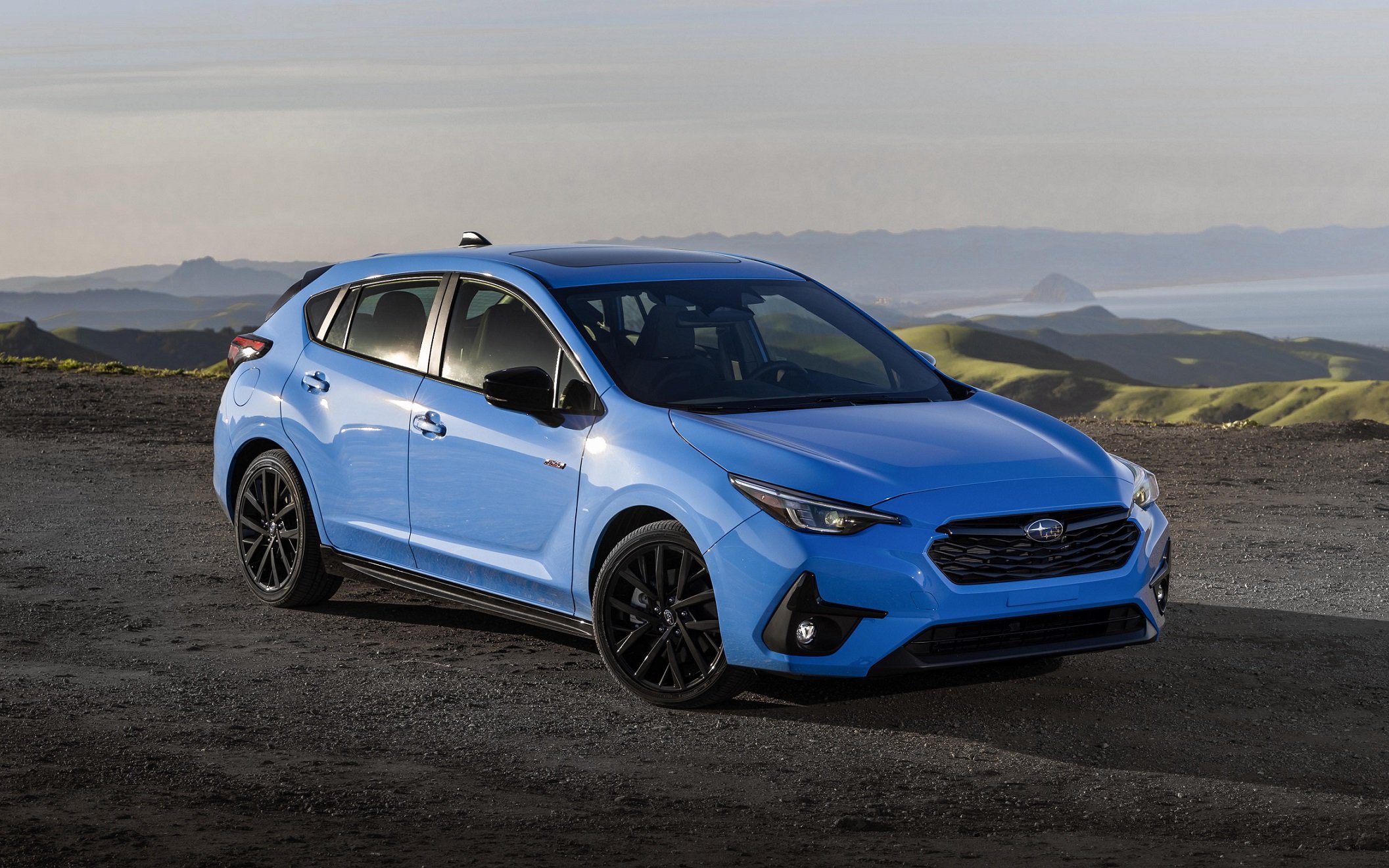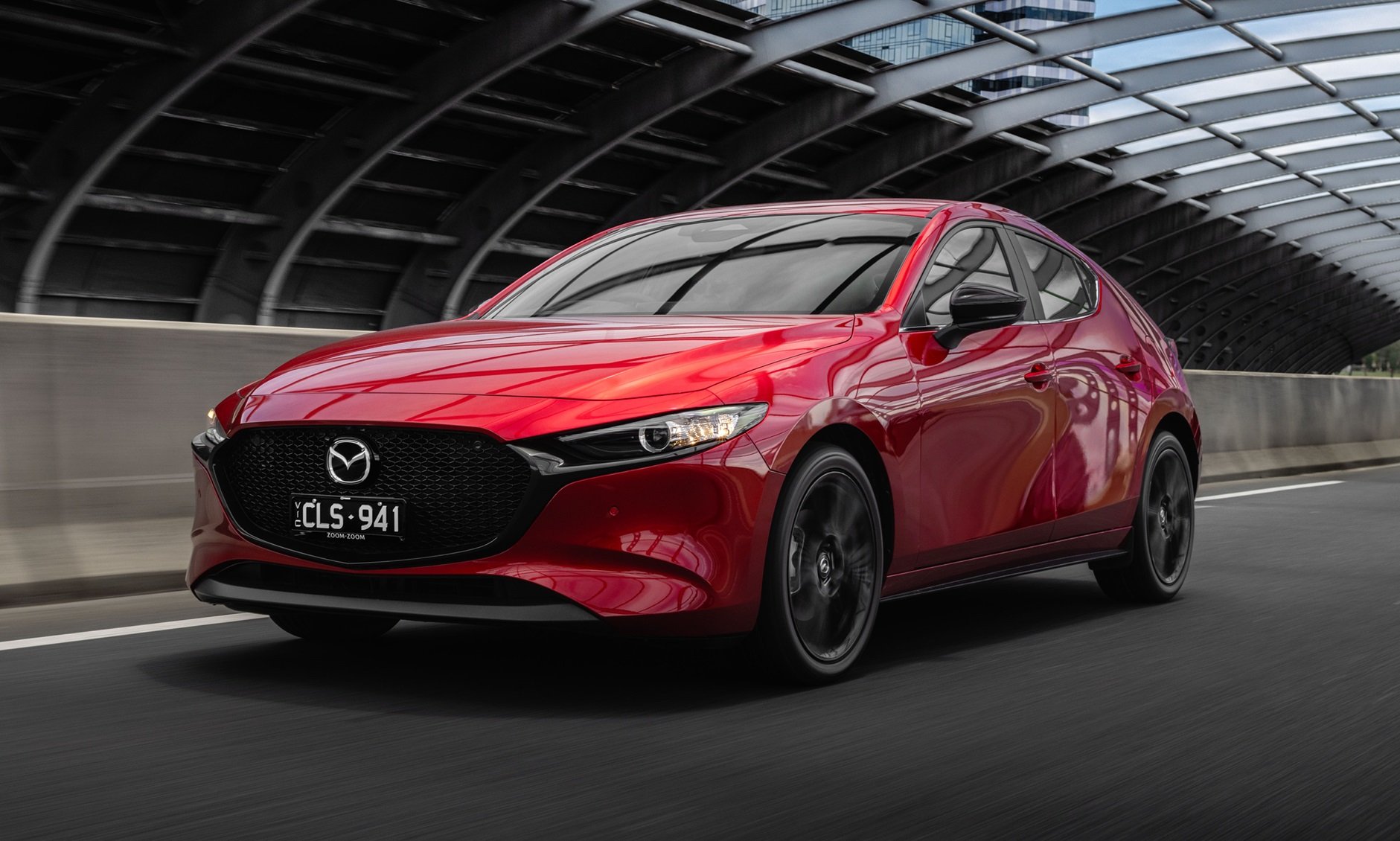2014 TOP 10 MOTORING MYTHS
Time to separate fact from outright BS. Does speed kill? Are older cars safer cars? Can a mobile phone cause a petrol fire? Are Euro cars really that much better? Here are the top 10 contemporary motoring myths
Fact -Vs- fiction: Tell me what you think in the comments section below
MYTH #1: Nitrogen is better than air in your tyres
They - whoever ‘they’ are - usually in this case, the people flogging nitrogen, claim that nitrogen reduces tyre temperature, improves ride quality, increases tyre life, reduces pressure build up, reduces gas leakage and reduces corrosion. Is there anything it can’t do?
About the only thing nitrogen doesn’t do, allegedly, is make you look younger.
The claims are in fact generally grossly overstated, irrelevant, or just outright lies.
Broadly, air is about 80 per cent nitrogen and 20 per cent oxygen. If you fill your tyres up with air, 80 per cent of what you’re pumping in is already nitrogen. So you get an 80 per cent nitrogen fill-up using the free air at the servo.
The benefits - where they exist at all - are so minor they’re only relevant in elite motor racing and other extreme applications like fighter jets. And most of those benefits stem from the fact that the nitrogen supplied is completely dry - in other words, it has no humidity. Dry air would generally be just as good. A real trap is that some people don’t think they need to check their tyre pressures when they’ve got nitrogen. Nothing could be further from the truth.
The real advantage of putting nitrogen into your tyres is the extra $20-$40 on the bottom line for the tyre retailer. Putting nitrogen in your tyres is a real plus for him.
Need help choosing the right replacement tyres? Ask me here >>
MYTH #2: Older cars are safer cars
You’ve got to be kidding. Modern cars certainly do crumple right up at the front in a crash. And I can understand why you might think they’re just not as strong as older cars.
In reality though, if you know anything about science, this is an absurd position to take.
Carmakers sacrifice the structure of the car at the front so that it deforms in a controlled way and absorbs a massive amount of collision energy - before it gets to you.
That destruction is evidence of the energy that got absorbed - before it kills or maims you. At the same time, a rigid passenger cell made using high-tensile steel, maintains the integrity of the passenger compartment. It provides critical survival space. But it's not as apparent as the destruction up the pointy end.
You are twice as likely to die or be seriously injured in a one-star car than you are in a modern five-star ANCAP-rated vehicle. More info at ANCAP.com.au. One thing's for sure: They certainly don’t make them like they used to - and that’s a damn good thing.
MYTH #3: Premium fuel is better
(& e10 is intrinsically inferior)
Fuel companies really sex-up the benefits of premium fuel out of all proportion with the benefit the fuel actually confers.
Sure, premium fuel is slightly denser, and sure, the engine adapts up to it - but the slightly increased density and the miniscule adaptation of the engine never outweighs the significant additional cost of premium petrol. It’s always a rip-off, unless your engine demands its use in the first place. Always use the minimum octane rating specified by the manufacturer. That's the smartest move.
Now: e10. The ethanol boosts octane rating to about 94. And it’s renewable so it helps us dilute our national dependency on foreign oil. Unfortunately it also contains about three per cent less energy than petrol, so if it’s not about five cents a litre cheaper than petrol, you’re ripping yourself off buying it. Unless the difference is five cents or more, it’s not economically rational. But e10 is not intrinsically a dud fuel in a modern car.
Unsure about which fuel to use in your car? Find out here >>
MYTH #4: Cellphones cause refuelling fires
There has never been a documented case of a mobile phone causing a fuel station fire. I guess if you rub two of them together for long enough, you could be the first. The main reason not to talk on the phone while refuelling is so you don’t make a negligent mistake, given the vast quantity of energy being transferred.
If you want to be worried about making a Molotov of yourself at the bowser, worry about static electricity.
That’s the main cause of petrol station fires. Always earth yourself before refuelling. And leave the kids in the car - because if they run up to you, they can discharge their static charge into the vapour stream while you refuel. Then, BOOM!.
MYTH #5: Petrol is expensive
Ridiculous - Australia’s got the fourth-cheapest petrol in the OECD, and the fourth lowest tax on fuel as well.
Stop bitching about the price of petrol.
Let’s say you live five kays from the shops, and you need the groceries. Option One: drive there; shop; drive back, relax. This will consume one litre of petrol in your average car. Ten kilometres; round trip; one litre. You’ll travel those 10 kays in about 10 minutes of climate controlled comfort. Option Two: dust off the trusty builders’ barrow. Walk to the shops - that’ll take about an hour. And run home - if you don’t want the ice cream to melt. You’ll be fitter - and you’ll save a staggering $1.50. Make two trips and you'll save enough for a cheap coffee.When you consider its true value, petrol is dirt cheap. Get over it.
MYTH #6: Independent mechanics void your warranty
Nonsense - provided you use a qualified mechanic, provided you get the servicing done on time, provided the mechanic does all the specified jobs, and provided you use parts that are fit for purpose (they don’t even have to be genuine parts) the ACCC says your warranty will survive. And you might save heaps.
It would be illegal and anti-competitive for the carmaker to impose authorised servicing as a warranty-preserving prerequisite.
MYTH #7: Speed Kills
If you mean driving insanely fast compared with what’s reasonable in the circumstances, yeah, it does. But the regulatory obsession with speed has become ridiculous. Blown out of all proportion.
Sixty-five in a sixty zone, and suddenly you’re Hannibal Lecter. Please. There is such a thing as safe speeding.
Clearly. People do it every day, and the ones claiming otherwise are getting paid handsomely to do so.
It’s easy to measure speed and prosecute speeders, and doing so makes state governments hundreds of millions of dollars. In fact, all they ever bang on about is speed, fatigue, alcohol and seatbelts - so if you’re already not speeding, not half asleep, not drunk, and you are wearing a seatbelt, the regulators have no real advice for you about staying safe on our roads.
So there’s no official safe driving advice for you if you’re a responsible driver. If you’d like to mitigate risk, though, unofficially, you could try these six suggestions: One - pay attention. Two - look as far down the road as possible (that buys you time). Three - drop back from the car in front (that buys you a healthy safety buffer). Four - put both hands on the wheel (at nine and three, coincidentally where the thumb rests are). You can’t swerve, avoid, and recover control any other way. Five - every time something iffy happens, lift off the accelerator and cover the brake. If that saves you one second, that’s 30 metres less road to stop, at 100km/h. And six - drive like everyone else on the road is out to get you, either maliciously or through incompetence. Usually, they are. Whether they're speeding or not.
MYTH #8: Miracle fuel savers actually work
They don’t. It’s that simple. All they do is use the thinnest pseudo-science to rip off people who never studied physics.
Miracle fuel savers don’t work because they can’t work.
Every day, thoudsands of engineers do into top-secret automotive R&D centres and try to make the next generation of engines more fuel efficient. It’s a race, and the winner gets to sell more cars. If this crap worked, cars would have that stuff fitted standard. They wouldn’t bother with expensive solutions like direct injection, variable geometry turbocharging and continuously variable valve timing. The magnets, the catalysts, the turbinators ... really … Roger Ramjet's proton energy pill had more intrinsic scientific cred.
Don't believe me? Read what these combustion experts said here >>
MYTH #9: The warranty is over when it’s over
Give me a break: Under Australian consumer law, what matters isn’t the stated length of any warranty.
The only thing that matters is: What’s the reasonable life of the component(s) that failed?
If you get your car serviced according to the schedule, and you don’t abuse it, if a critical component fails unreasonably early, you absolutely have a case to get the manufacturer to repair the vehicle at their cost. You might have to cajole, threaten, act indignant and even intransigent, but if you dig your heels in, you'll win. The manufacturer’s obligation to the product does not end when the warranty evaporates. It ain’t over when it’s over.
MYTH #10: European cars are simply built better
That’s absurd. It’s like getting your information from the marketing department.
The premium German brands can’t match the Japanese carmakers on build quality or value for money - especially under about $100 grand.
If you’re buying a Mercedes-Benz, an Audi or a BMW under $100,000 you’re almost certainly getting a dud deal behind the admittedly very desirable badge. It’s unpalatable, but true. ‘Premium’ used to mean ‘exclusive’ and also better. But these days, in the cheap seats, it just means ‘here’s your badge; sorry about the equipment level and the build quality’. According to JD Power's independent 2014 US Vehicle Dependability Study, Lexus beat Mercedes-Benz. Honda and Toyota beat Porsche and BMW. And Subaru, Mazda and Nissan beat Audi. That’s the reality, when you strip away the hyperbole.
See a Mazda CX-5 smash an Audi Q3 here >>
And watch a Subaru Forester smash a Mercedes-Benz here >>
Need help choosing a new car? Ask me here >>
CONCLUSION
So there you go - the top 10 contemporary motoring myths. Or, maybe you disagree - perhaps you're a nitrogen devotee with a fortress of an old quality European car, religiously serviced at the dealership, hell-bent on saving the world from the outrageous cost of fuel ... with a pair of rare-earth magnets strapped to the fuel line, doing 55 in a 60 zone, and only ever using premium petrol, because that e10 is just rubbish, right?
Ask me how to save thousands off your next new car here >>










Still considering an SUV? The Kia Cerato is a solid value proposition, which could save you thousands while offering greater space, more features and build quality as good as any Toyota Corolla or Mazda 3. There’s even an affordable performance version. Let’s talk about Cerato…